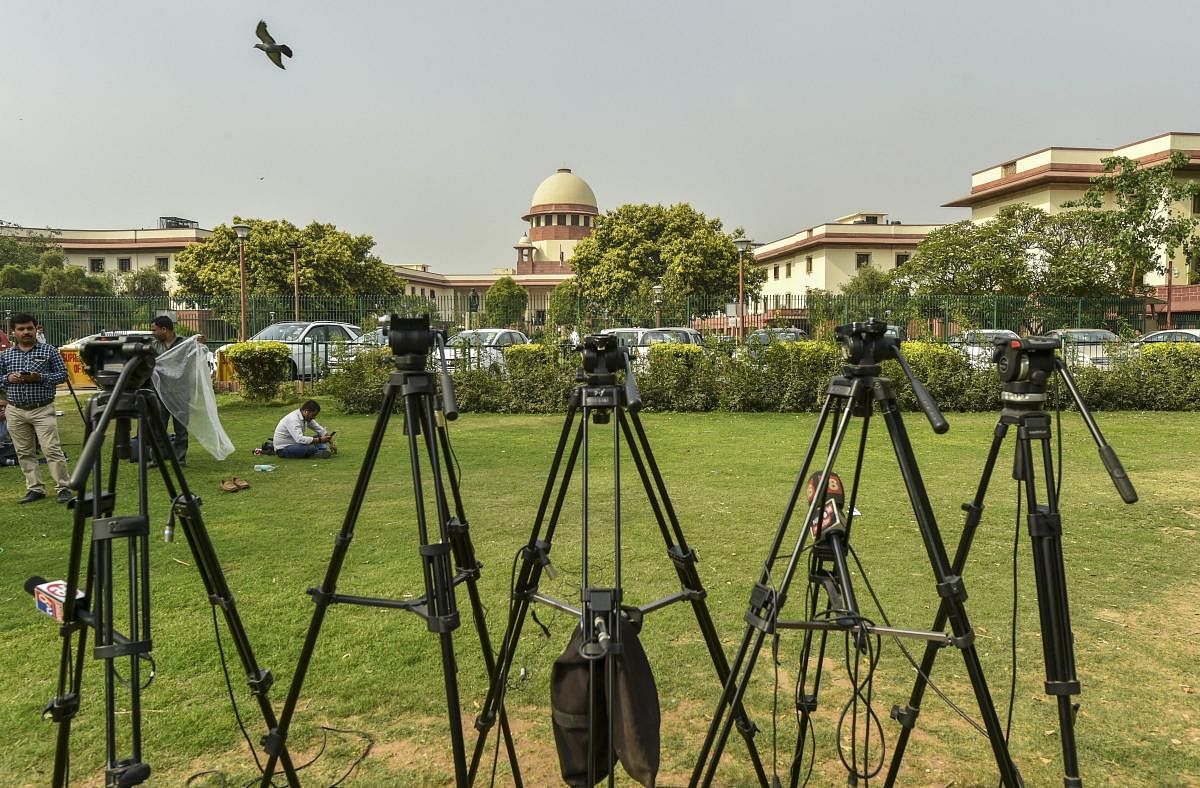
The Supreme Court on Monday said that interference into the appointment and transfer of judges does not augur well for the institution of judiciary.
“Appointments and transfers go to the root of the administration of justice and where judicial review is severely restricted. Interference in system of administration of justice does not augur well for the institution,” a three-judge bench presided over by Chief Justice Ranjan Gogoi said.
The top court made the observations while allowing a plea by the Gujarat High Court Advocates Association, to keep its writ petition alive wherein it had questioned delay on the part of Union government in clearing the file related to elevation of Justice Akil Kureshi.
The Supreme Court Collegium had on May 10 recommended for appointment of Justice Kureshi as the Madhya Pradesh High Court chief justice.
Following the delay on the part of the Union government, the Association filed a writ petition contending that it was in violation of the Memorandum of Procedure.
On objections raised by the government on August 23, and 27, in two communications and having sent some accompanying materials, the Collegium had on September 5 modified its recommendation and nominated Justice Kureshi for appointment as the chief justice of the Tripura Hight Court, instead of the Madhya Pradesh High Court.
On Monday, senior advocate Arvind Datar submitted that the matter should be kept pending till the government issued a notification for appointment of Justice Kureshi as the Tripura High Court Chief Justice.
Justice Kureshi, as the Gujarat High Court judge, had allowed the police remand of Union Home Minister Amit Shah in encounter cases in 2010.
He is currently posted at the Bombay High Court.
Notably, Madras High Court Chief Justice V K Tahilramani had earlier resigned after her transfer to the Meghalaya High Court as Chief Justice.
Following adverse media reports, the Collegium had said the transfer of judges or chief justice of high courts were made in “the interest of better administration of justice” and after “full and complete deliberations and due to cogent reasons”.
“The Collegium will have no hesitation in disclosing,” the reasons if necessary, it had then said.
